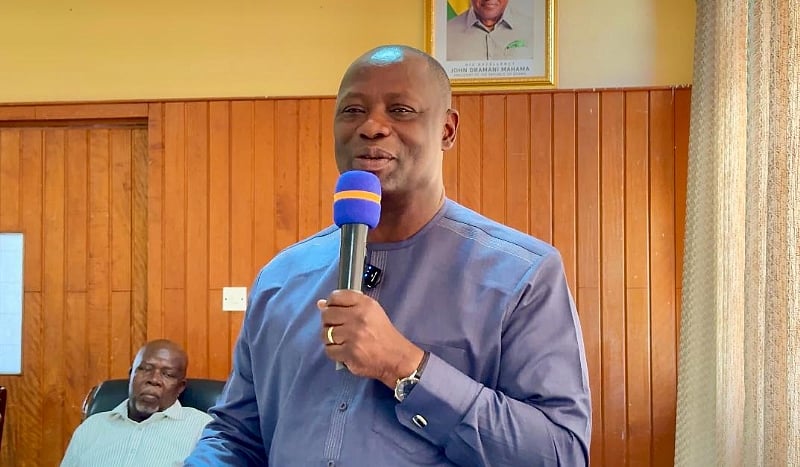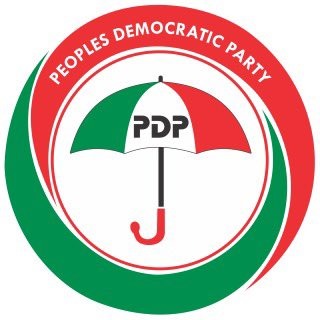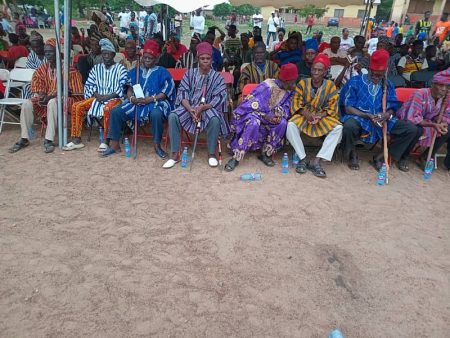Streamlining Land Registration and Decentralization: A Crucial Step for Western Region’s Development
The Western Region of Ghana, rich in natural resources and economic potential, faces a significant hurdle in its development trajectory: inefficient and centralized land registration processes. The Minister for Lands and Natural Resources, Emmanuel Armah-Kofi Buah, has recognized this challenge and issued a direct call to action to the newly reconstituted Western Regional Lands Commission Board. His mandate is clear: streamline the land registration process, reducing it to a mere 30 working days, and decentralize these services to make them more accessible to the populace. This ambitious goal aims to stimulate economic activity and empower individuals and communities by simplifying land ownership procedures and reducing associated costs. The current system, which requires individuals to travel to the regional office for completion of registration, poses a significant barrier, particularly for those in remote areas. Decentralization will not only alleviate this burden but also encourage greater compliance with land registration laws, strengthening land tenure security and promoting responsible land management.
Combating Illegal Activities and Protecting Natural Resources: A Multifaceted Approach
The Minister’s charge extends beyond administrative efficiency, encompassing critical challenges such as illegal mining (galamsey), land encroachment, and the unlawful conversion of stool lands. These activities pose a grave threat to the region’s environment, its economic prospects, and the security of its citizens. Galamsey operations, often conducted with coercion and intimidation, lead to the destruction of arable land, deforestation, and pollution of vital water resources. Encroachment on public lands, including ecologically sensitive areas like wetlands and coastal regions, further exacerbates environmental degradation. The Minister underscored the urgency of addressing these issues, urging the Board to collaborate with relevant government agencies and traditional authorities to implement effective solutions and enforce existing laws. He specifically highlighted the stringent punitive measures introduced by the Land Act, 2020 (Act 1036), signaling a commitment to holding perpetrators accountable and deterring future misconduct.
Addressing Land Disputes and Promoting Investment: A Collaborative Effort
Land disputes are a pervasive issue in the Western Region, often hindering development and creating social unrest. The Minister stressed the importance of resolving these conflicts through collaborative engagement with stakeholders, including customary land claimants and government agencies. The goal is to create a transparent and equitable system that respects customary land rights while ensuring responsible land use for the benefit of all. Furthermore, the Minister emphasized the need to attract investment to the region. He encouraged land administrators and traditional authorities to prioritize land allocation for investment purposes, facilitating economic growth and creating job opportunities. This proactive approach seeks to leverage the region’s vast resources and transform its economic landscape.
Empowering the Board and Ensuring Accountability: A Foundation for Success
The 23-member Western Regional Lands Commission Board, composed of diverse professionals including land administrators, academics, and representatives from the House of Chiefs, has been entrusted with a significant responsibility. The Minister urged the members to uphold professionalism, maintain high service standards, and work diligently to fulfill their mandate. He emphasized the importance of their expertise in streamlining processes, lowering costs, and ensuring the accessibility of land services. The Board’s success hinges on their commitment to accountability and transparency, and their ability to work effectively as a team. This collaborative approach, combined with the Minister’s clear directives, sets the stage for significant progress in addressing the region’s land-related challenges.
The Urgency of Action and the Path Forward: A Call for Collaboration and Commitment
The Western Regional Minister, Joseph Nelson, echoed the Minister for Lands and Natural Resources’ sentiments, highlighting the urgency of addressing land-related issues. He acknowledges the prevalence of land litigations in the region and the detrimental impact they have on development. He urged the Board members to work collaboratively and decisively to resolve these disputes and unlock the region’s full economic potential. He also reinforced the importance of prioritizing lands for investment, emphasizing the potential for economic growth and job creation. The timely inauguration of the Board, with its mandate to validate pending land documents, signifies a proactive step towards resolving outstanding issues and facilitating land transactions.
A Collective Responsibility: Securing the Future of the Western Region
The challenges facing the Western Region’s land sector are complex and multifaceted. However, the Minister’s clear directives, coupled with the newly reconstituted Board’s expertise and commitment, offer a promising path forward. The focus on streamlining processes, decentralizing services, combating illegal activities, resolving land disputes, and promoting investment signals a comprehensive approach to unlocking the region’s vast potential. The success of these efforts will depend on the collective responsibility of all stakeholders, including government agencies, traditional authorities, land owners, and the public. By working together, they can create a sustainable and equitable land management system that fosters economic growth, protects the environment, and ensures a prosperous future for the Western Region.














